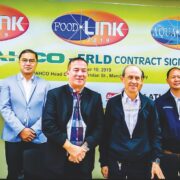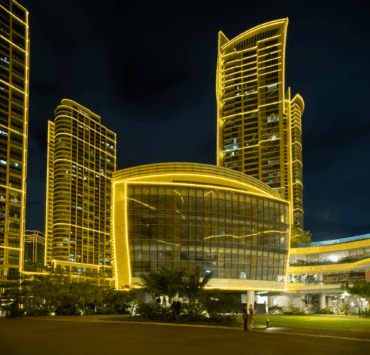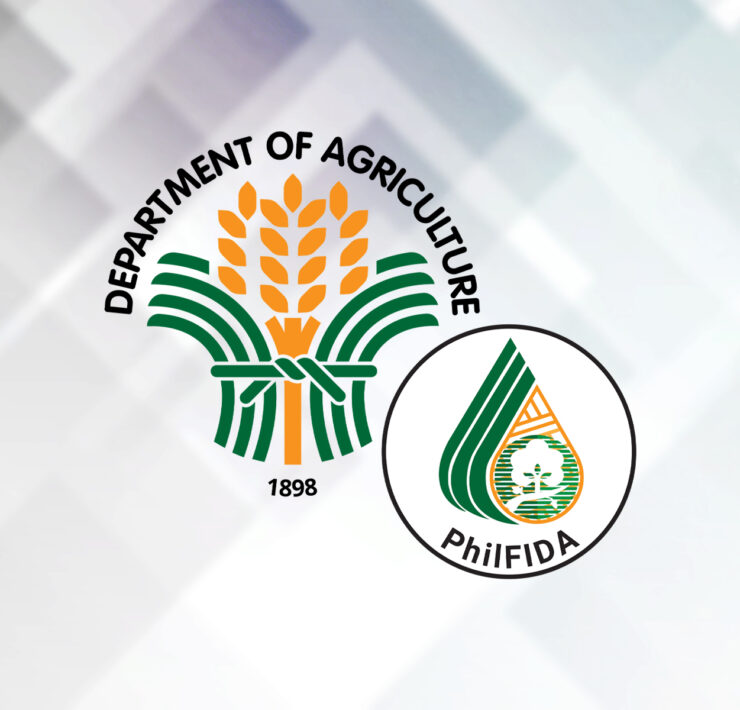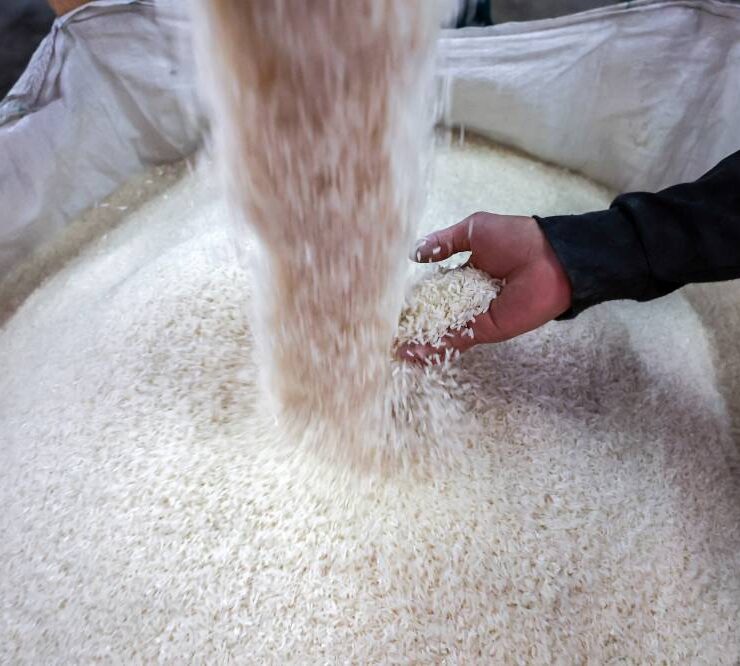Increase the rice tariff immediately
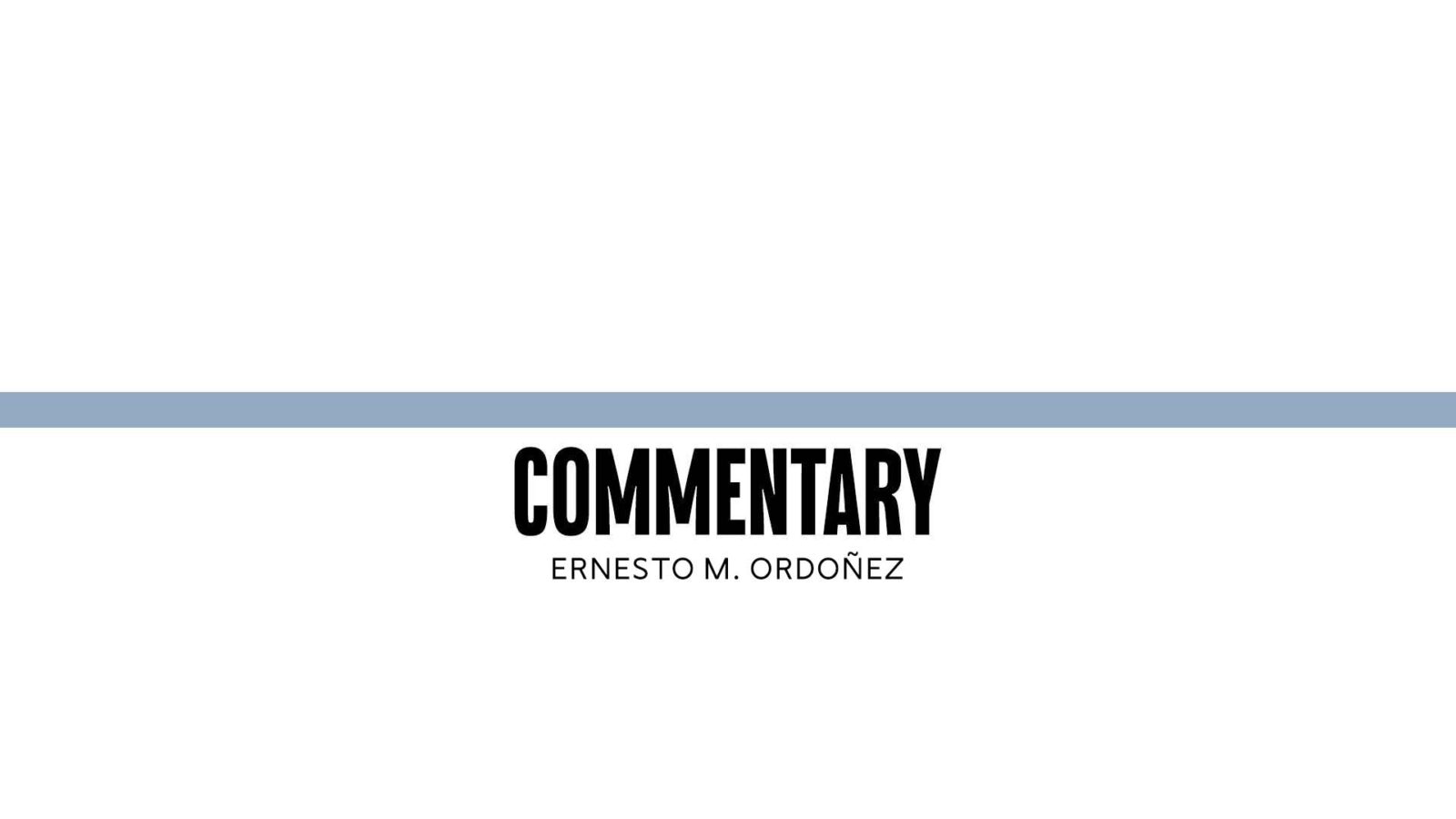
The current rice tariff must be immediately increased back to its original 35 percent, or even higher. This was the position of Alyansa Agrikultura at the Senate Agriculture Committee hearing last Aug. 27.
Sen. Francisco Pangilinan chaired this meeting. As the former Presidential Assistant for Food Security and Agriculture Modernization from 2014-2015, Pangilinan has a commendable track record.
Two achievements relative to our current rice situation are noteworthy. First, from wise decisions at the right time, Pangilinan brought down the rice inflation rate from 14.9 percent to 0.1 percent in July 2015. Second, using a transparent, accountable and competitive rice importation process, he saved P6 billion in public funds that benefited our farmers and fisherfolk.
During the hearing, reports of the significant suffering of our rice farmers came up. Most of our rice farmers have been incurring devastating losses. The selling farm-gate price of their palay now averages P11 per kilo, way below the production cost of P14.28. It is much worse in several areas.
Tariff computation
At the Senate hearing, the Department of Agriculture (DA) stated that they have a target farm-gate wet palay price of P18. Given the average 4.2-ton yield per hectare and a production cost of P14.28 per kilo, the price of P18 produces a daily farmer income of P130 per hectare. This is way below the P435 agriculture daily minimum wage.
Nevertheless, P18 per kilo is still much better than the existing average of P11. For computation purposes, we will use P18 as the starting point. The rule of thumb is that the retail price is double the farm-gate price for dry palay. Adding P3 for drying will result in P21 for dry palay price, which in turn will yield a retail price of P42.
What should be the rice tariff so that the price of imported rice will equal that of domestic rice, and will therefore not depress farm-gate prices? It is 55 percent, not 35 percent.
Assuming today’s landed price of P20 a kilo, adding a 55-percent tariff results in the targeted retail price of P42.
Here is the breakdown. Margins for the importer, wholesaler and trader amount to a total of P6 a kilo. The palengke retailer’s margin is P5 per kilo. (Note: most of the unjust profiteering occurs at the middleman and not at the importer nor retailer levels because of sufficient competition there).
Adding the P11 trading cost to the P20 landed cost, and then to the 55-percent tariff of P11 gives a total retail price of P42—the price which the targeted price of P18 for wet palay will result in.
Way forward
When Pangilinan asked the DA for the status of the 15-percent rice tariff, it responded that their recommendation for the gradual return of the 15 percent to 35 percent was still being studied. It was clear that the extremely low 15-percent tariff with its expected enormous profits had caused importers to contribute to our huge rice oversupply. This oversupply, together with the low price of imported rice and massive profiteering, had forced the farmers to drop their farm-gate wet palay price to the current P11 per kilo.
The Department of Economy, Planning and Development had officially stated an annual rice import gap of only 2.65 million metric tons. But the import volume is double at 5.4 million metric tons, resulting in a massive oversupply because of the 15-percent tariff.
Because of our rice farmers’ severe suffering today, the appropriate tariff adjustment should be done immediately and not be delayed with further study. Furthermore, it should be done in one step and not gradually.
The Alyansa Agrikultura has requested the Tariff Commission for a hearing to address this urgent critical issue and is now awaiting their reply. It is only with quick decisive action that we can solve our rice crisis today. In doing so, we will also be safeguarding our nation’s food security.
The author is Agriwatch chair, former secretary of presidential flagship programs and projects, and former undersecretary of the Department of Agriculture and the Department of Trade and Industry. Contact is agriwatch_phil@yahoo.com.


